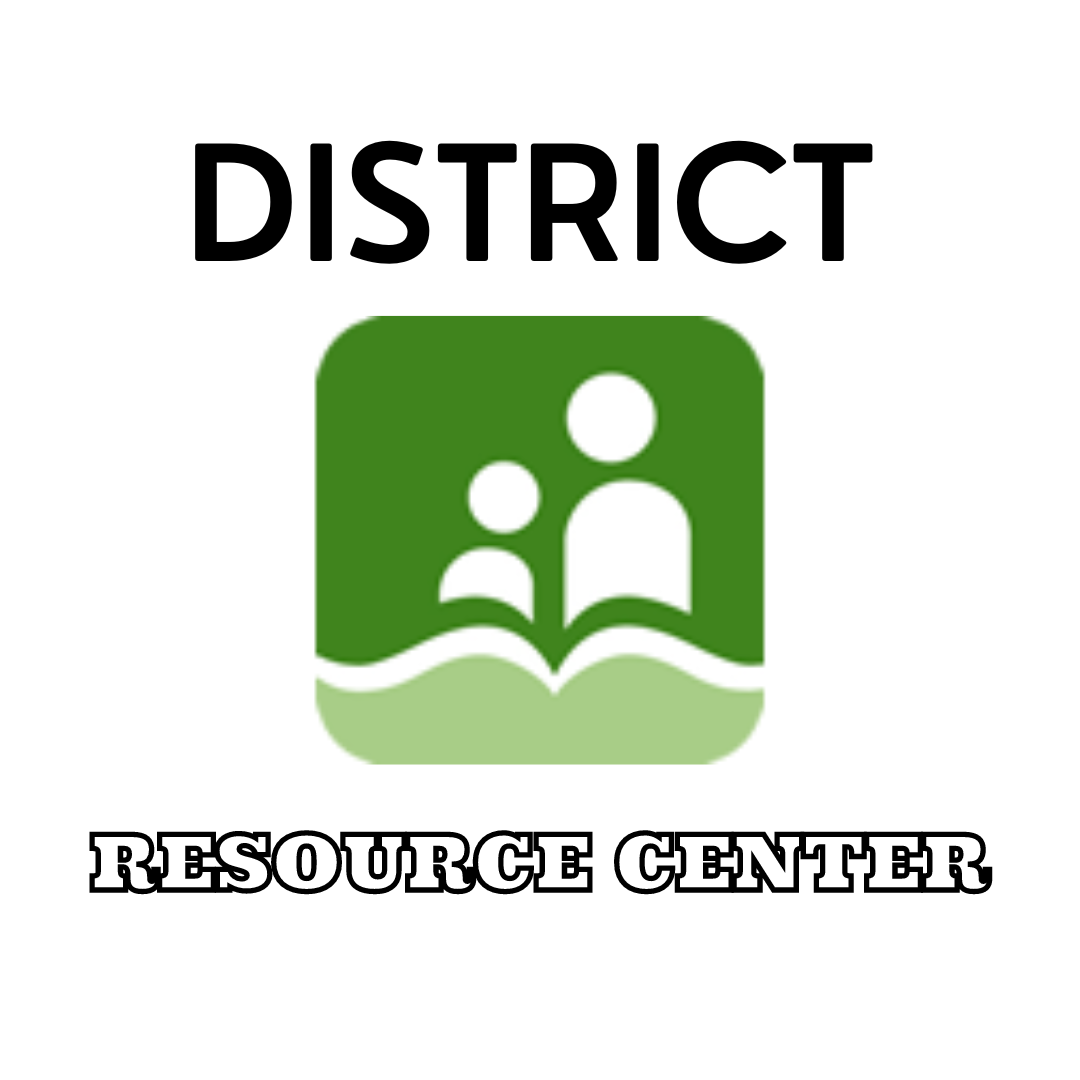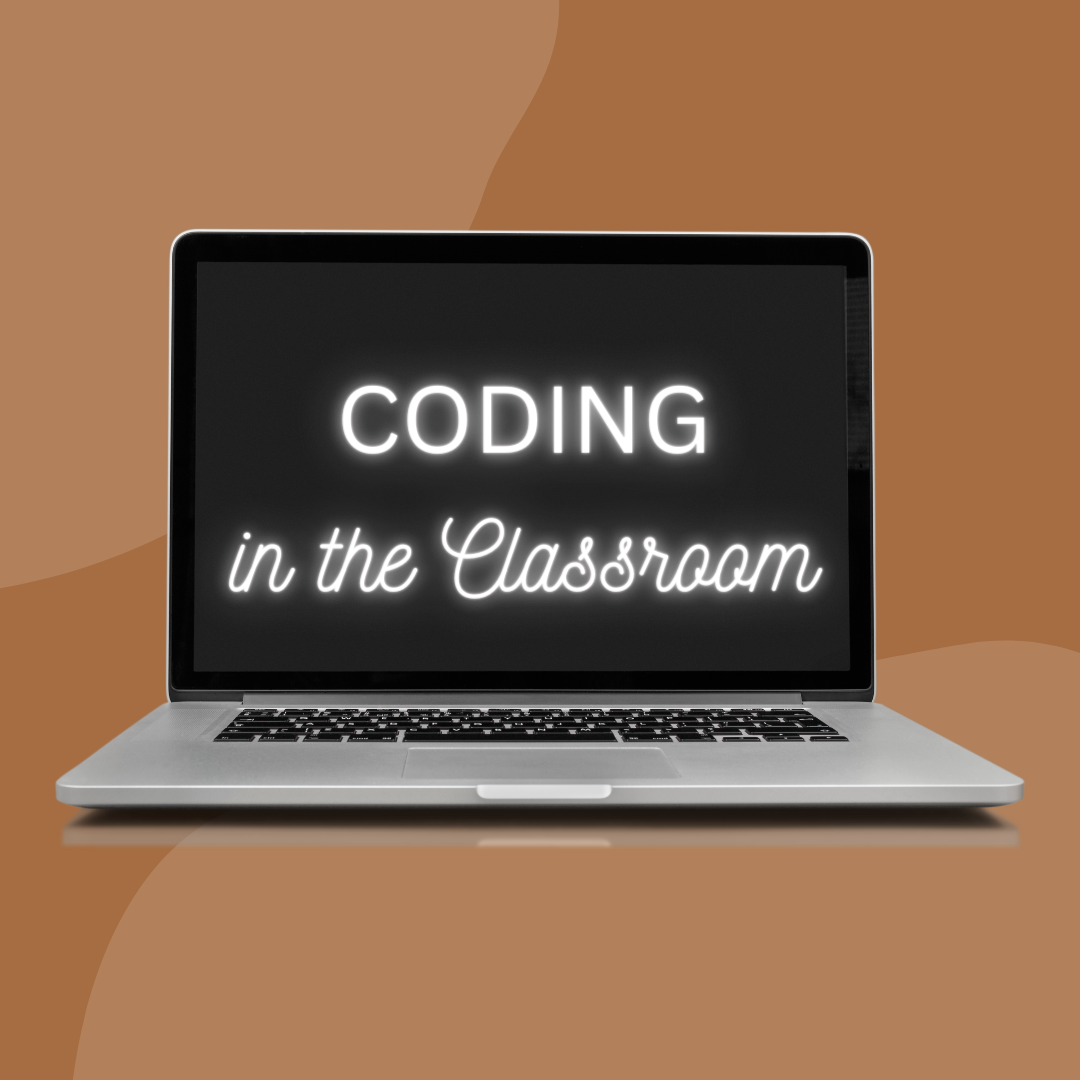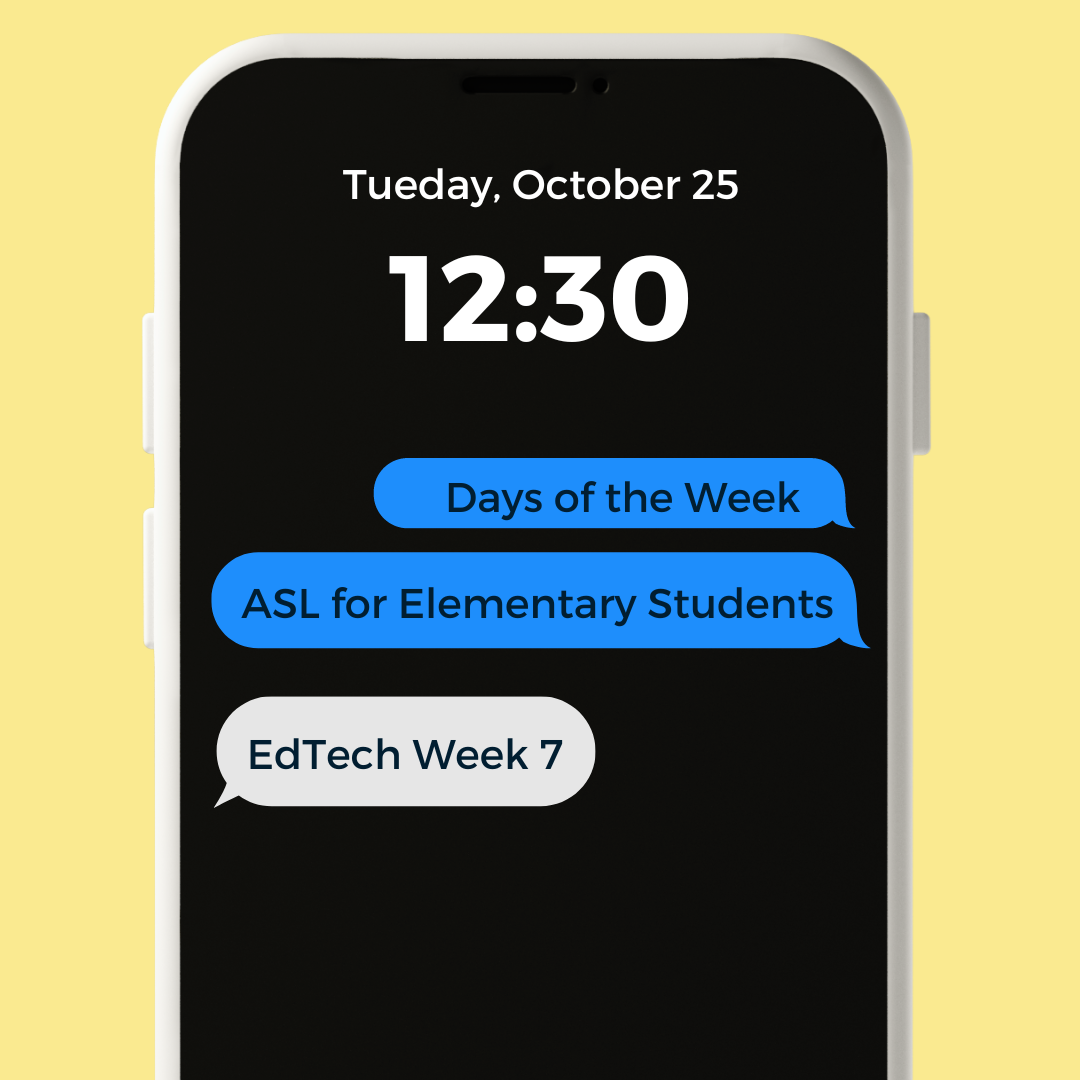Digital Footprints & Media Literacy
The Permanence of the Post
I’ve been thinking a lot about my digital footprint and the way I portray myself online. Out of curiosity, I typed my name into the Google search bar and was genuinely surprised by what I found. Nothing sinister of course, but I did find an old Facebook account of mine from 11 years ago. I had completely forgotten it existed, and had some good laughs with my family reading through my pointless status updates.
“BOOOOO school is boring!!!”, “Can’t wait for ___________’s birthday party!!!”, and the substantial amount of selfies were some of the things an 11 year old girl (who probably shouldn’t have been allowed to have Facebook) thought were absolutely necessary to share with the world. I didn’t think too much of it at the time; most of my friends my age also have a permanent digital reminder of how cringy they were in middle school. I was thinking alot about my old Facebook page as I watched the TED Talk by Jesse Miller, who opened a discussion about the many concerns our society is facing today with the accelerated used of social media.
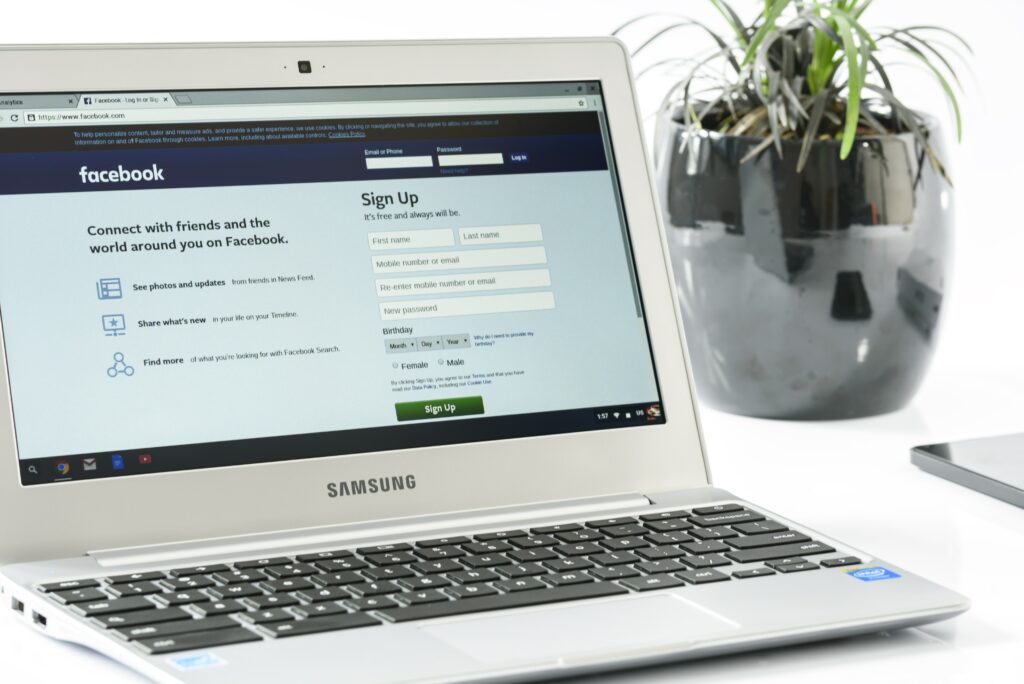
As an 11 year old, you don’t often think about the consequences of what you’re posting online. In my case, I didn’t understand the concept of social media at all, or the power it held. All I knew was that my friends were doing it, so I was too. I remember going to a school-wide social media awareness assembly when I was in grade six. Snapchat, the popular instant messaging app, had just come out and was spreading like wildfire. The assembly warned the students of the dangers this new app could bring, and discouraged the students from using it. I remember the speaker telling us: “Once its out there, you can’t take it back.”

I believe my school did the right thing; bringing attention right away to the dangers this new platform could hold, but we all still downloaded it. The following years did their part in exemplifying these dangers. Photos and messages intended to be private were screenshotted and distributed among group chats. A close friend of mine experienced this; the emotional and reputational damage remains to this day. Despite all this, I still use Snapchat daily as a main form of communication. I’ve seen the risks and consequences first hand, yet I never deleted the app. I don’t think you need to refrain from social media because of its potential danger, you just need to have awareness of what you are posting, and why.
Media Literacy
One of the concepts addressed in Jesse Miller’s TED Talk was media literacy. Jesse suggested a new approach to the way we view and use technology in our lives, and it actually makes a lot of sense. I use social media every single day, and at times I do struggle trying to find a balance between real life and the online world. It can be difficult to find this balance, especially when you have a supercomputer that fits in your pocket. I think of the times when I’ve been out for dinner or at an event with friends or family; there’s almost always that one person who is constantly taking pictures and videos.
This is where I feel conflicted about media use. I’ve definitely felt frustration towards the people who watch big events and milestones in life through the lens of their camera; I always think they’re missing out, they’re not truly experiencing what is going on around them, but later on I am grateful for the memories they caught on camera. This is also where media literacy comes in. Its great to have photo evidence of important moments in your life, but the trick to media literacy is “knowing when to record an event, and when to put the phone down” (Miller, 2014, 11:15).
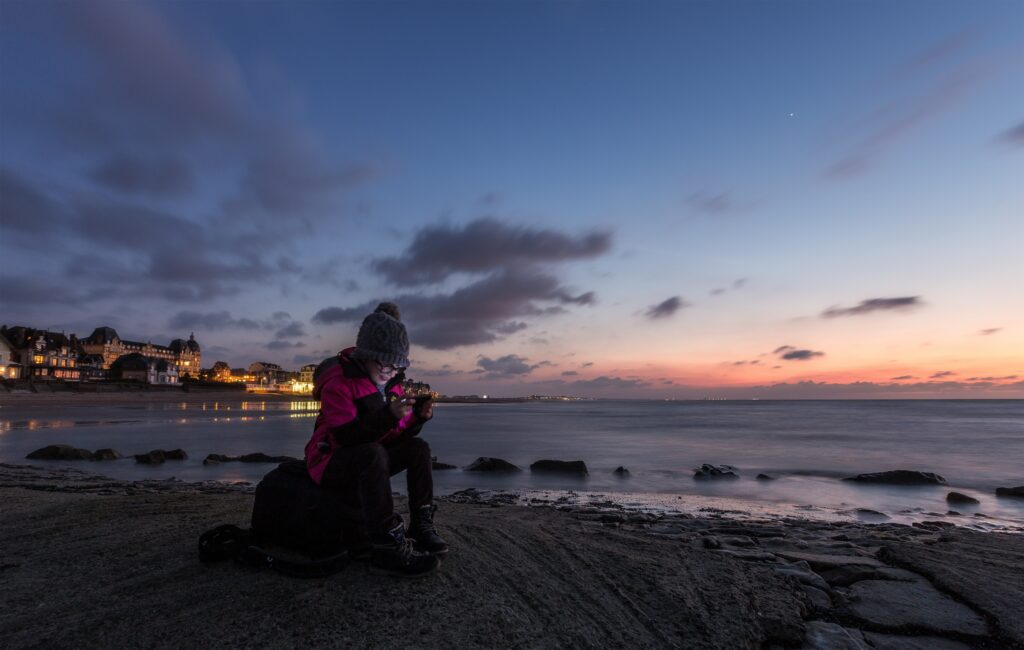
Moving Forward with Social (Media) Awareness
After thinking about Jesse’s take on media literacy, I started brainstorming ways I can implement this concept into my own life. I think the most important thing to remember will be asking myself some questions before I post something online. Why am I posting this? Who is going to see this? Could posting this risk my career or social life? I remember all too well the toxic mindset that can accompany social media use. Worrying about the like-count on my selfies and constantly comparing myself to others brought so much unnecessary insecurity and negative feelings towards myself. This can not be what social media was meant for. This knowlege is something I want to bring into my classroom one day. If we start teaching kids how to use social media appropriately and in a non-competitive manner, and introducing ways they can model positive media use, we can completely change the way social media is used. The online world doesn’t have to be a bad place, I believe we can reinvent the way we use it and create a safer, more productive, and more welcoming environment for its future users.
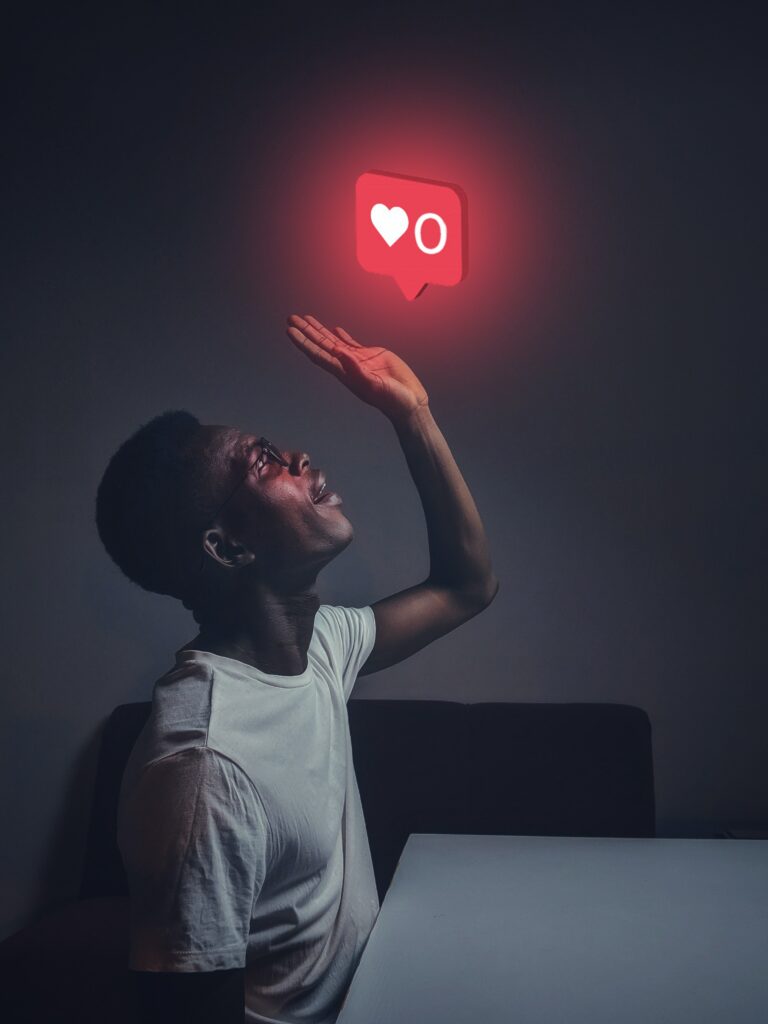
One way we can start doing this is by educating students how to adopt appropriate online habits. The resource shown to us in class, Common Sense Education, provided lots of different lesson plans and strategies to teach students these valuable skills. You would think from the name, Common Sense Education, that a lot of this information is common sense for kids. The reality is that is definitely is not- and my old Facebook account can testify to this. The website covers a wide range of online etiquette tips; from recognizing and addressing cyberbullying to online privacy and security, which are concepts that I believe all kids who are accessing the internet need to be familiar with. I will be implementing many of these concepts and lessons into my future classroom, and I think it is crucial that we give teaching kids healthy online habits the attention it deserves.
References
TEDx Talks. (2014, November 10). Revaluate, rethink, release|Jesse Miller [Video]. YouTube. https://www.youtube.com/watch?v=FiGclrVXAws&t=662s
